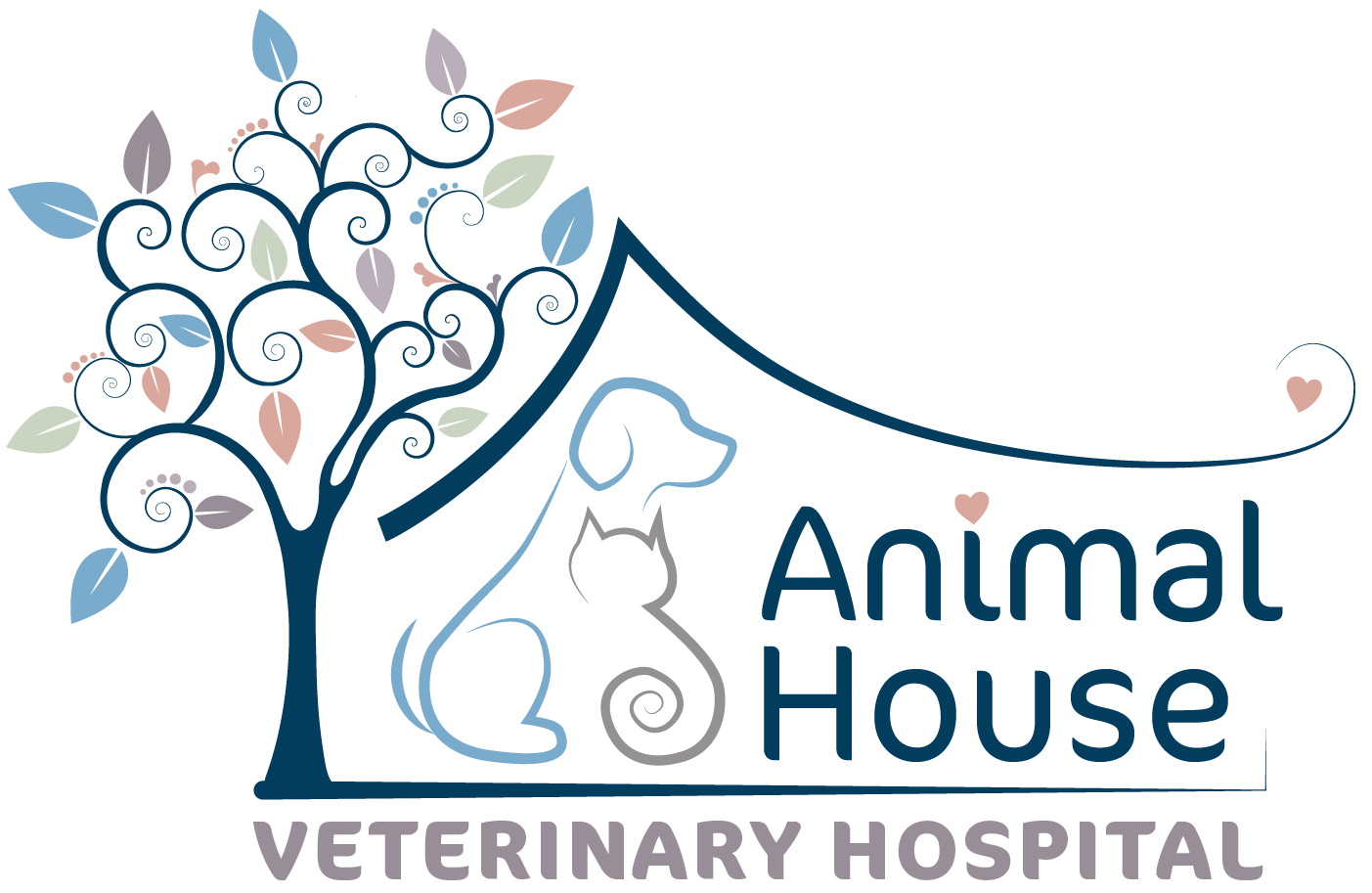Dental health is as important in our pets as it is in us. Dental plaque, tartar and calculus (tartar calcified on the teeth) are filled with disease-causing bacteria. These bacteria create inflammation in the gums and infection followed by pain. Unchecked, the infection can spread to and affect other areas of the body! Good oral health is detrimental to good overall health and a happy pet.
Dentistry



Dental-Friendly Treats and Toys
Start by incorporating dental-safe and effective treats, chews, and toys into your pet’s daily routine. These can be a fun and effortless way to promote dental health. Look for treats and toys designed to clean teeth and massage gums while your pet chews on them. When choosing treats and toys, ensure they are appropriate for your pet’s size and chewing habits. These can be a tasty, practical solution that helps reduce plaque and tartar buildup.
The Veterinary Oral Health Counsel was created over 25 years ago and accepts products that decrease the accumulation of plaque or tartar. VOHC.org hosts a constantly updated list of over 70 dog and 20 cat products. Deer antlers, bones of any type, dried Yak milk, and nylon toys must be avoided because they can break teeth, exposing the tooth’s nerves.
We also recommend a special dental health food, Purina DH. It can be added to your pet’s regular diet or fed as their only diet. It has been proven to reduce the build-up of tartar significantly. It is available for dogs and cats and has:
● Patented kibble texture
● VOHC Seal of Acceptance: helps control tartar
● High-quality protein
● Antioxidant-rich nutrition
● Available in Small Bites for dogs weighing less than 30 pounds
● Great taste
We recommend daily dental wipes massaging the outside of the teeth and gums once a day. They contain enzymes and antimicrobial agents that work to reduce plaque and tartar. Look for the Veterinary Oral Health Seal of Acceptance on the product container. To use dental wipes, gently wrap the wipe around your finger and rub it along the outer surfaces of your pet’s teeth.

Dental water additives are another practical tool for maintaining your pet’s dental health. These liquid solutions that you add to your pet’s drinking water work to control plaque and tartar. While they are not a substitute for brushing/wiping and professional cleanings, they can be a convenient addition to your pet’s daily routine. Follow the manufacturer’s instructions for the correct dosage and ensure your pet can access the treated water throughout the day. Also, look for the VOHC seal of acceptance on the product you choose to ensure safety and efficacy.
Regular Check-ups:
Twice yearly veterinary dental check-ups are crucial for your pet’s dental health to examine your pet’s teeth and gums. As needed, professional dental cleanings under anesthesia performed by a veterinarian are the most effective way to remove stubborn tartar and address underlying dental issues. We can identify dental problems early on during these check-ups, such as infections or gum disease. Early detection can prevent these issues from escalating into more severe health problems.
At Home Checks:
Be vigilant for any signs of dental problems in your pet. Keep an eye out for the following warning signs:

- Bad Breath
- Drooling excessively
- Difficulty eating or chewing.
- Swollen, bleeding, or red gums.
- Loose or broken teeth
- Changes in eating habits
- Pawing at the mouth or face
- Weight loss
- Facial Swelling
If you notice any of these signs, consult your veterinarian promptly.
At some point it may be necessary to do a dental treatment in our pets. This does require general anesthesia so it is necessary to take appropriate precautions to ensure safety by performing a complete physical exam, bloodwork, and urinalysis checks before the procedure. Every dental treatment involves a thorough oral exam and a complete set of dental radiographs. Dental radiographs are necessary as we can only see 1/3rd of each tooth visually. Further, pets cannot tell you if a tooth is bothering them. If a diseased tooth is noted it is treated as necessary and possibly extracted. All of the teeth are scaled with an ultrasonic scaler and then polished.

Dental care is one the most important and most overlooked areas of healthcare for our pets. It is important we do the best we can to prevent disease in our pets and be proactive to treat it when it arises to provide the best health and quality of life our furbabies deserve!
A typical dental treatment consists of:
- Preanesthetic Exam
- Sedation
- IV Catheter and IV Fluids
- General Anesthesia with a dedicated nurse anesthetist
- Dental assistant and veterinarian
- Complete Dental Radiographs
- Scaling
- Polishing
- Extractions as needed, including surgical extractions involving gingival and bone flaps
- Antibiotics and pain medications to go home as needed followed by a long term preventative dental care plan

